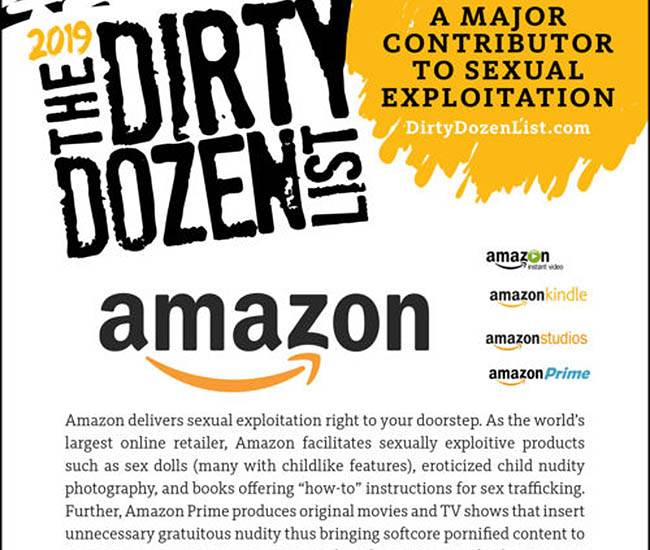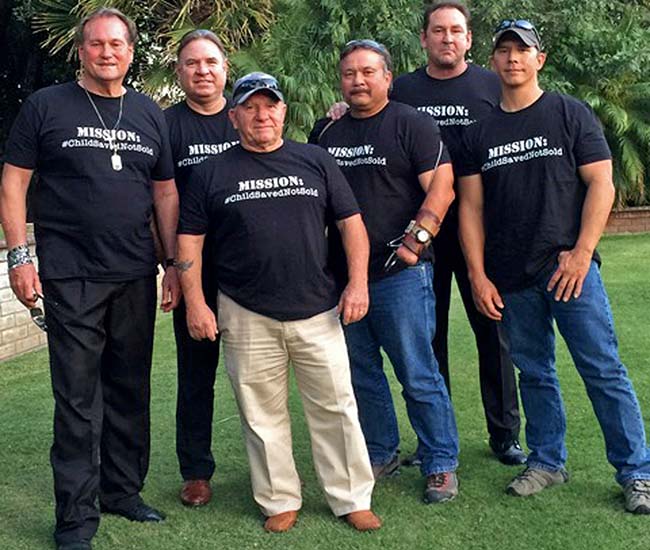Since the 1950s generations of pornography users have grown up watching pornography. During the course of the intervening decades, pornography has become increasingly available and normalized. This should come as no surprise, as pornography users, who often start out as teenagers, grow up to become individuals who work as librarians, law enforcement officers, lawyers, judges, reporters, corporate executives, and Hollywood screen writers, etc. Naturally, the amount and type of pornography they consume eventually colors their  judgements, values, and beliefs, and for some, becomes a perspective that is superimposed on their relationships, both private and professional, and ultimately culture writ large. The evidence of this is all around us. From fashion magazines, the offerings of cable television and Internet service providers, popular entertainment, the “sexting” phenomenon, to the local grocery store checkout isle, American culture has been porned and this is unacceptable.
judgements, values, and beliefs, and for some, becomes a perspective that is superimposed on their relationships, both private and professional, and ultimately culture writ large. The evidence of this is all around us. From fashion magazines, the offerings of cable television and Internet service providers, popular entertainment, the “sexting” phenomenon, to the local grocery store checkout isle, American culture has been porned and this is unacceptable.
At NCOSE we work for a world where the pornified vision of reality—with its utilitarian and insatiable consumption of human beings for selfish sexual pleasure, its raw, brutal, debasing, violent and hate-filled themes—becomes unacceptable to all people with concern and respect for the dignity and well-being and humanity. One way we do this is through the annual “Dirty Dozen List,” which names and shames a range of actors who contribute significantly to the normalization of pornography (or prostitution and sex trafficking). The groups, agencies, and businesses named to this list are among for the nation’s worst—facilitating and protecting access to pornography, pandering and profiting directly from it, or pushing an agenda that normalizes pornography or other egregious forms of sexual exploitation. Full Article



